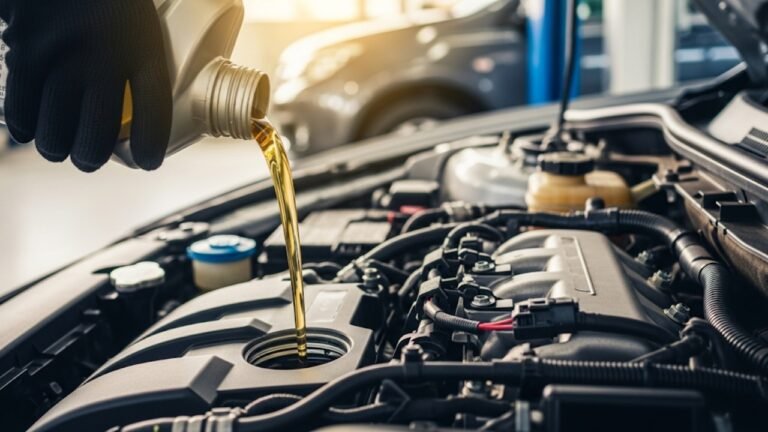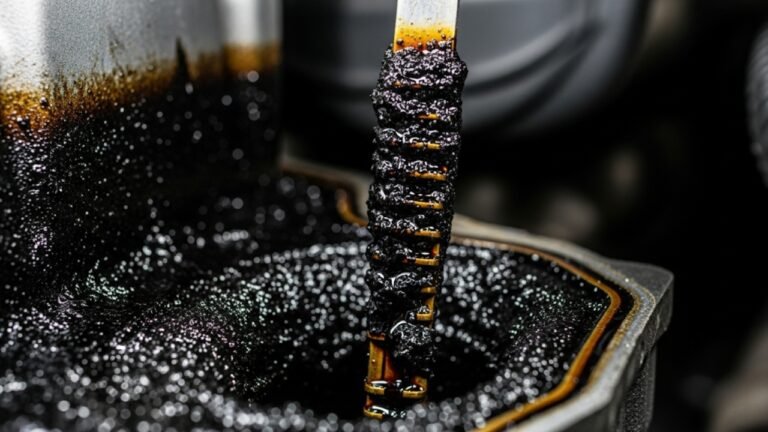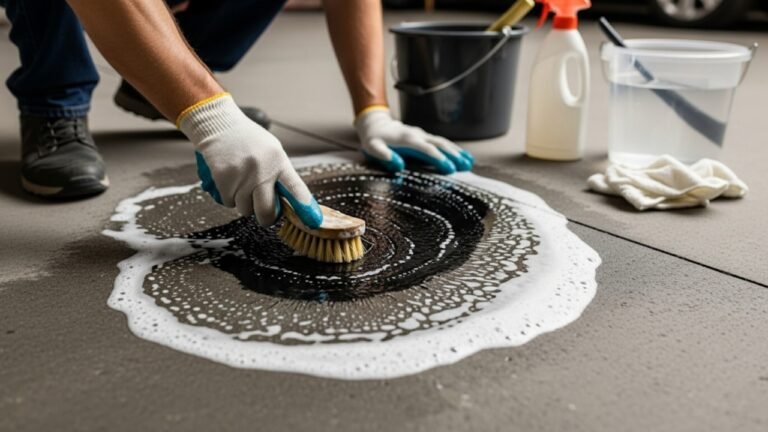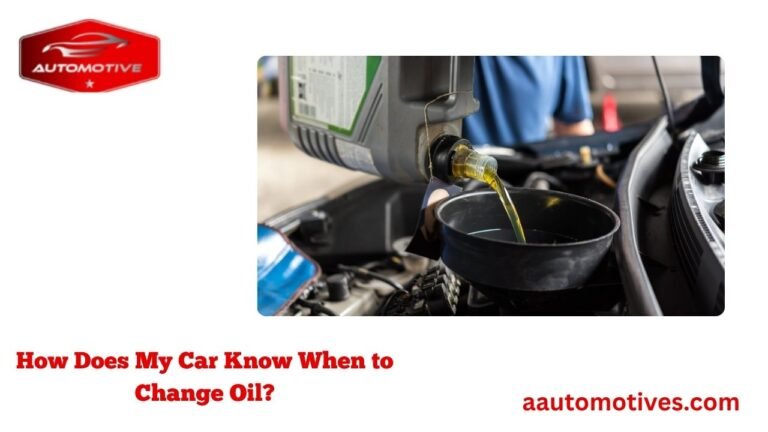Can Car Overheat Without Oil? A Heartfelt Look Under the Hood
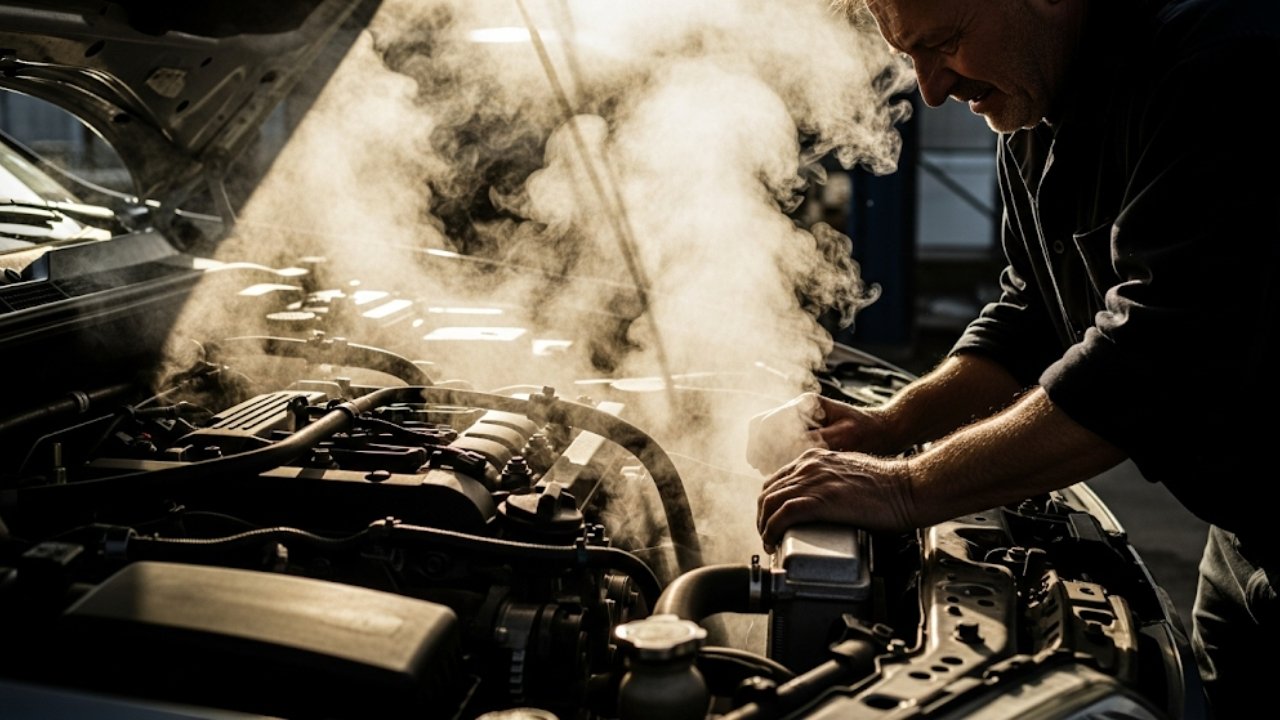
Have you ever seen someone stranded on the side of the road, hood up, steam rising like a boiling kettle? That’s not just a movie scene—it’s a real-life engine cry for help. One of the most common causes of car trouble is an overheating engine. And guess what often plays a silent villain in this drama? Lack of oil.
Let’s talk honestly—we often ignore the little oil light or skip a scheduled oil change. Life gets busy. But here’s the kicker: can a car overheat without oil? The short answer is yes—absolutely, and dangerously so.
This article isn’t just a dry technical guide. It’s a warm, real conversation. We’ll explore what really happens when your car runs out of oil, how overheating ties in, and why a small oversight can lead to a big disaster. So buckle up, and let’s get into the details—one heartfelt story and honest fact at a time.
The Silent Partnership Between Oil and Engine

Oil isn’t just a slick fluid. It’s a protector, a cooler, and a smoother. It flows through the engine, reducing friction and carrying away heat. Think of it like sweat during a workout—it cools and maintains performance. Without it, the system breaks down—quickly and painfully.
Let’s simplify it:
| Function | What Oil Does | What Happens Without It |
|---|---|---|
| Lubrication | Reduces friction between engine parts | Metal parts grind, causing extreme heat |
| Heat Regulation | Carries heat away from engine | Heat builds up fast, leading to overheating |
| Cleaning | Keeps debris out of engine components | Buildup causes more friction and damage |
| Sealing | Fills gaps to maintain pressure | Poor compression, less performance |
So yes, a car can overheat without oil, and it usually happens much faster than you’d expect.
The Fast Track to Overheating: No Oil, No Mercy
Imagine this: You’re cruising down the highway, music up, windows down. Life feels perfect. Suddenly, a warning light flickers. Maybe you ignore it, thinking it’s just another sensor glitch. Ten minutes later? You’re pulled over, steam billowing, wondering what just happened.
That’s how fast overheating without oil can sneak up.
Without oil, your engine can start to overheat in just a few minutes. The friction between moving parts generates intense heat. With no lubricant to keep things cool and moving smoothly, the engine essentially starts to cook itself from the inside.
And here’s the scary part—engines aren’t forgiving. Once they overheat due to oil loss, damage can occur within 30 seconds to 5 minutes, especially under heavy load or high speeds.
So, to answer again: Can car overheat without oil? 100% yes—and it can destroy your engine before you even know what hit it.
Why Do People Still Drive Without Oil? (Relatable Truths)
It’s easy to judge—until it happens to you.
Here’s a true story. My cousin thought her new sedan didn’t need an oil change for “at least 10,000 kilometers.” The dealership told her it had synthetic oil, and she believed it. Then one summer morning, heading to work, her dashboard flashed red. She shrugged it off. Twenty minutes later, her engine seized. Towed. Totaled.
Life’s busy. We trust technology too much. We skip warning signs. But ignoring low oil levels or skipping oil changes is like running a marathon with no water. Sooner or later, your car will overheat, and it won’t be pretty.
The Vicious Cycle: Heat, Friction, and Engine Death
Let’s break down the destructive cycle that happens when your engine runs out of oil:
Friction Skyrockets: Parts that used to glide now grind.
Heat Soars: The engine can’t release heat properly anymore.
Parts Expand: Overheating causes metal to warp and swell.
Damage Sets In: Pistons can seize, valves can snap, and head gaskets can blow.
Complete Failure: The engine locks up or explodes (yes, literally).
This cycle can unfold within minutes, especially if you’re on a highway or in hot weather. And no, there’s usually no coming back. Once the engine has been heat-damaged due to no oil, repairs can cost thousands—or require full replacement.
How to Know Your Car Is Overheating Due to No Oil
Now let’s get practical. If your car is low on oil and beginning to overheat, it’ll give you signs. The key is knowing them early enough to act.
Warning Signs to Watch For:
Oil Pressure Light: This isn’t a joke. Pull over immediately.
Temperature Gauge Rising: Even halfway up can be a red flag.
Ticking or Knocking Noise: Sounds like metal tapping metal? That’s friction—act fast.
Burning Smell: Could be hot oil or burning components.
Steam from Hood: You’re already too late—turn the engine off.
The biggest mistake people make? Ignoring these signs. Especially the oil light. If it flickers or stays on, stop the car, check your levels, and top up if safe.
Can You Just Add Oil and Keep Driving?
Here’s a question I get asked all the time: “If I just add oil, can I keep driving?”
It depends. If your engine hasn’t been seriously damaged yet—yes, topping up the oil may cool things down. But if you’ve been driving without oil long enough for the engine to overheat, the damage may already be done.
Adding oil is not a magic fix. It won’t reverse damage. If the engine’s been cooked, you’ll need a mechanic to check for internal destruction.
So yes, a car can overheat without oil, and once it does, adding oil might be too late. It’s like pouring water on a fire after the house has burned down.
Prevention: How to Never Face This Nightmare
Let’s be honest: engine repairs are expensive. But they’re easy to prevent. Here’s how to never have to ask “can car overheat without oil?” ever again:
✅ Simple Prevention Checklist:
Check Oil Monthly: Pop the hood and use the dipstick. Takes 2 minutes.
Change Oil on Schedule: Stick to what your car’s manual says, not what your friend told you.
Watch the Dashboard: Never ignore oil pressure or temperature warnings.
Use the Right Oil: Always match your oil type with what your manufacturer recommends.
Fix Leaks Promptly: If you see oil spots under your car, get it checked immediately.
You wouldn’t run a marathon without hydration—don’t drive without proper oil levels. Prevention is cheaper than repairs, always.
Real-Life Story: The Price of Delay
Let me tell you about Arman, a rideshare driver in Dhaka. During one Eid holiday rush, he decided to skip his oil change to keep earning. He thought, “One more week won’t hurt.” That week turned into two. Then came the heatwave. With four passengers and the A/C blasting, his car started making a faint ticking noise. Ten minutes later? Total engine failure.
He ended up losing three weeks of income and paying over 1.2 lakh taka for a new engine. All because of one skipped oil change.
His story isn’t rare. So many drivers—especially in hot, humid climates—don’t realize how quickly heat builds up when there’s no oil. And unfortunately, the damage doesn’t wait.
The Cost of Neglect: What Happens to the Engine
By now, we know a car can overheat without oil. But what exactly happens to the engine inside when it does?
Here’s a breakdown of the aftermath:
Damage Caused by Oil Deprivation:
| Component | Effect of No Oil | Repair Cost Estimate |
|---|---|---|
| Pistons & Cylinders | Overheat, expand, and seize | $1,000 – $4,000 |
| Crankshaft Bearings | Burn out and break | $500 – $2,000 |
| Camshaft | Wears prematurely, causing timing issues | $400 – $1,200 |
| Head Gasket | Blows from overheating | $800 – $2,500 |
| Complete Engine | May need full replacement | $3,000 – $7,000+ |
Note: Prices vary based on location and car model, but the message is clear—repairs are never cheap.
Can Synthetic Oil Prevent Overheating?
This is a very common question among car owners. Let’s talk about it.
Synthetic oil is engineered to withstand higher temperatures and last longer than conventional oil. It flows better at low temperatures and doesn’t break down as quickly at high temps.
However, synthetic oil still doesn’t eliminate the risk. If you have zero oil in your engine—even synthetic—overheating is inevitable. Think of it like premium sunscreen. It gives you longer protection, but if you go sunbathing without applying any at all? You’re still getting burned.
So while synthetic oil helps reduce overheating, it’s not a license to skip maintenance. It buys you time, not immunity.
FAQs About Cars, Oil, and Overheating
1. How long can a car run without oil before overheating?
Only a few minutes. In many cases, damage starts within 30 seconds to 5 minutes, especially during high speeds or hot weather.
2. What happens if I accidentally drive with no oil?
You risk overheating, engine seizure, and complete engine failure. If you notice low oil pressure or odd noises, stop immediately.
3. Will my car start if it has no oil?
It might, but it shouldn’t be driven. Even if it starts, running it without oil will destroy the engine fast.
4. Can I fix overheating by just adding oil?
Sometimes. But if damage has already occurred, adding oil won’t reverse it. A mechanic’s inspection is essential.
5. How do I know if my engine is damaged from no oil?
Common signs include loud knocking noises, smoking exhaust, poor acceleration, and the car refusing to start.
6. How often should I check my oil?
At least once a month. More often in hot climates or if your car is older.
7. What if I only drove a short distance without oil?
It depends on the distance and engine load. If you were gentle and caught it quickly, you might be lucky. Still, get it inspected.
8. Can low oil cause overheating even if there’s still some oil left?
Yes. Low oil means less lubrication and cooling, which still leads to overheating and wear over time.
What Mechanics Want You to Know
I once interviewed a mechanic from Gazipur who’d worked on over 3,000 engines. He said, “Half the engines I replace could’ve lasted 10 more years if people just checked their oil.”
Here’s what professionals wish drivers would do:
Listen to your car. It speaks in noises and lights.
Don’t rely only on oil change reminders. Check your dipstick.
Teach your kids and siblings about engine care. It’s a life skill.
Car care isn’t just for “car people.” It’s for everyone who wants to avoid a roadside meltdown.
Conclusion: A Drop of Oil, A World of Difference
Let’s come full circle. Can a car overheat without oil? Without a doubt. But more than that—it can break your trust, your wallet, and your routine.
Oil is simple. Cheap. Easy to maintain. But it’s also absolutely vital. Without it, engines die. Cars stall. Plans change.
So next time you see that oil warning light, don’t ignore it. Pop the hood. Top it off. Visit your mechanic. It might feel small, but that drop of oil can mean the difference between smooth roads and a broken ride.
And if someone you care about is ignoring their oil changes—share this article. Because nothing says “I care” like helping them not destroy their engine.

